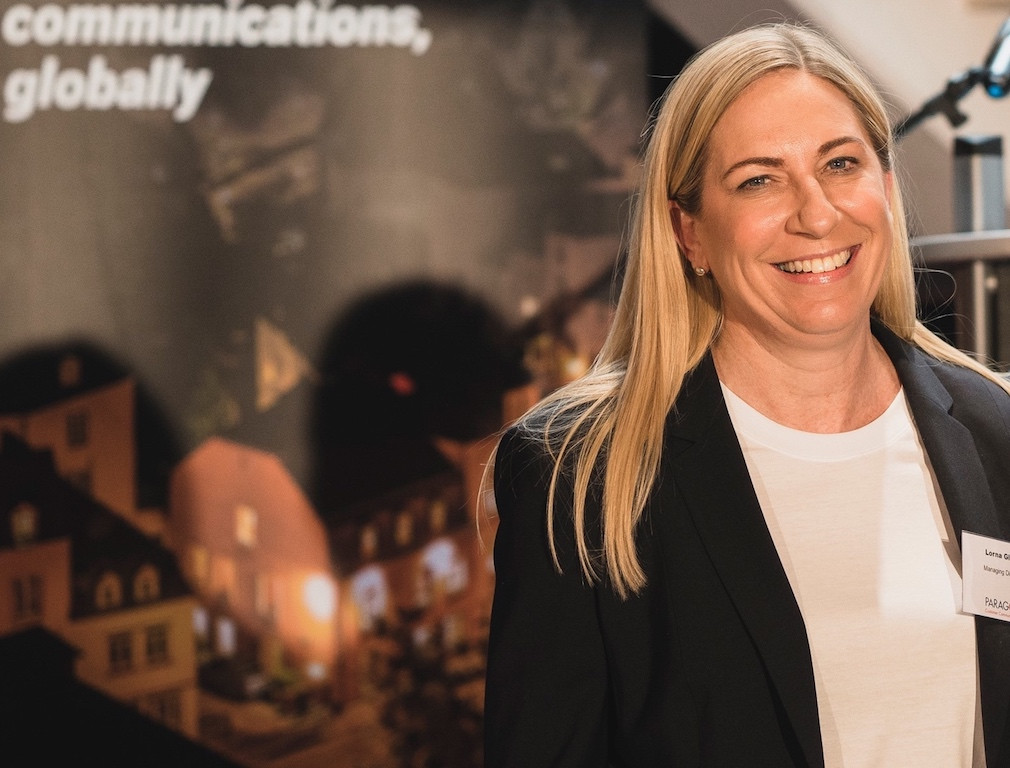Paragon Customer Communications moved into the Luxemburg market last year as part its European expansion plan. The company, which delivers compliant multi-channel communications for some of the world’s leading financial services companies, saw the grand duchy as “a fantastic business opportunity” because there was “only one other partner like ourselves,” managing director Lorna Glynn told Delano. “Luxembourg is aiming to be at the forefront of the digital economy in the coming years, and we are excited to be a part of that drive for innovation by launching our first regulated business in the region,” Glynn said at an event to celebrate Paragon’s launch in the grand duchy at its Contern base.
Turning her thoughts to the company’s sustainability drive, Glynn explains that the local outfit has a dedicated team to look after governance and sustainability across the business, as well as its client base. “One of the team is based in the UK and we worked very closely with her to ensure we are compliant with the standards we have as a business. That included setting up our Luxembourg facility and supply chain and ensuring any of our materials, including paper, were sustainable.”
Paragon Customer Communications Luxembourg uses FSC certified paper, which is sustainably sourced, harvested and produced in a responsible manner. “Raw materials such as our paper remain a valuable resource and we would rather they end up in the finished product than in the recycling bin,” Glynn says. “That’s why, despite production throughput [at group level] increasing around 9%, our paper waste only increased around 1% in 2018. . As a business we have maintained a recycling rate of 98% across the group, with less than 1% of waste ending up in landfill. In fact, the majority of non-recyclable waste is actually sent for incineration for energy generation.”
The company’s commitment to sustainable practice is not just limited to raw materials, according to Glynn. It also reports on CO2 emissions as far as possible, as well as assessing the sustainability risk and footprint across the life-cycle of its products and services, including activities of its supply chain. “Sustainability is something that our clients demand, and certainly something we are committed to delivering as a global business. It is bigger than our own activities and we are dedicated to supporting this by driving best practice throughout our own supply chain.”
Indeed, Paragon was recently awarded the EcoVadis Gold rating for a second consecutive year, putting it in the top 3% of assessed global companies for sustainability performance. “This is on top of a number of green and sustainable credentials we have already gained.” During 2018, Paragon also began developing a long-term sustainability strategy based on the United Nations sustainable development goals. “We are a sustainable partner in our client’s supply chains, our aim is to look after you, look after our clients and look after our world,” Glynn concludes.
